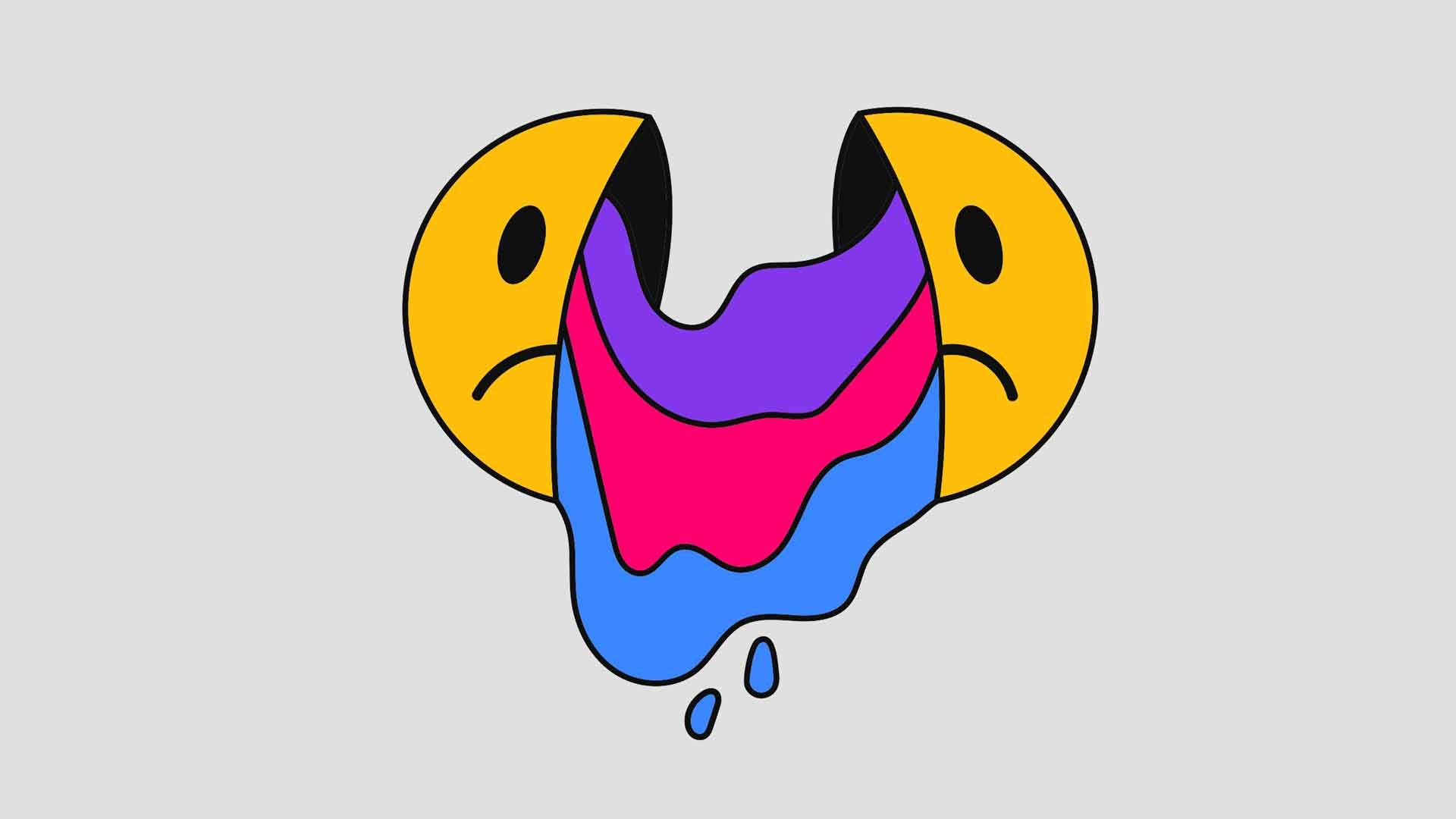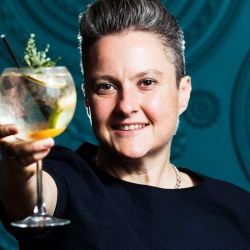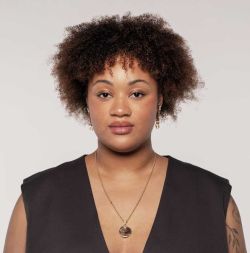
The good the bad and the ugly: thinking about nightlife, substance use and mental health.
As an addiction psychiatrist I don’t often have patients who come me and talk about the positive effects substances have upon their mental health. In fact, if you have a mental condition and you use substances, you’re considered to have a ‘dual diagnosis’. This automatically pathologizes any substance use. That’s not helpful for the individual and might not be true. For some people, the moderate use of some substances, at some periods in their life, might be good for their mental health. Indeed the idea of people using drugs not just for pleasure but also to manage stresses and worries in their lives no longer seems so radical, with the transition of ketamine, MDMA LSD and psilocybin from ‘drugs of abuse’ to potential therapeutic agents for the treatments of depression, PTSD and alcohol dependence.
Within nightlife settings we tend to focus on the harms that drugs can cause to people’s mental health. And there is good reason to, there are real concerns. From increased anxiety the day after a heavy drinking session to the usually short lived and self-limiting experience of panic, paranoia, and psychotic features, most commonly associated with the use of stimulants and psychedelics, for some people drugs can be bad for your mental health. Those with underlying psychiatric conditions or predispositions to them are most at risk, with substance often use reducing compliance and the efficacy of medications and frequently worsening symptoms, increasing the risk of violence and suicide. But for many individuals the risks of these can be significantly reduced by moderation of dose and frequency as well as avoiding certain substance combinations. Raising awareness of individual vulnerability and challenging the belief that ‘more’ drugs is ‘better’ (more fun) are key strategies not only for reducing risk but also supporting informed choice (potentially increasing the positive effects that some level of moderate use may have for some people at some points of their lives). We cannot and should not deny this. Honest conversations are a prerequisite for engaging people and the adoption of positive behaviours.
Clubbing on MDMA (and off MDMA) can be a positive experience enhancing a sense of collective belonging and shared experience. Many cite experiences on psychedelics as among the most significant spiritually / personally meaningful experiences of their lives. Making a moral judgment call on the function of a person’s use is not helpful. My point? We can’t demonise drug use in nightlife. We should not prevent venues and promoters offering harm reduction advice. But we should enforce licensing act laws on responsible service. We should train staff to recognise and response to risk. Instead of aspiring to ‘zero tolerance’ in night life settings we should aspire to ‘zero harm’.
It’s also easy to forget another group exposed to drugs in the night-time economy. Those who serve, entertain, and create the music that drives so much of the sector’s appeal. Working long, often antisocial hours, bar and other hospitality staff often come from the same demographic as those who they service. Those working in hospitality are at higher rates of alcohol use disorders, long hours might leave some prone to the use of stimulants. Disordered sleep patterns associated with shift work can lead some to using hypnotics. They may be witness or be personally subjected to abuse or violence. This means not only should venues be looking after their customers but their staff as well.
And what about those playing or making the music? Should we pity the DJ or others in the music industry? For every DJ playing Amnesia or Parklife there’s a thousand more driving up and down motorways playing at small venues. DJs are exposed to alcohol and other drugs at every venue they perform at. Adulation, opportunity, the need to perform and keep on going are all understandable factors to explain use. At first, for some, it must be a seductive, justifiable and possibly pleasurable excess. Climbing the DJ ladder, accepting the next gig and pay-check can takes its toll. Management agencies looking to optimise income for themselves, and their artist need to balance financial return against maintenance of sanity (and income). Constant touring, separating from family and sleep deprivation are all risk factors for poorer mental health and substance use problems. In recent years the EDM world has lost Avicii, and DJ Erick Morillo.
The interplay and interdependence of drugs, nightlife and risk are a constant across the decades. The drugs might change, the BPM rise and fall but the synergy between them is intimately linked with both pleasure and harm. Together we need to shift policy and practice to ensure the balance tips firmly on the side of pleasure.
Professor Adam R Winstock
MRCP MRCPsych FAChAM MD
Honorary Clinical Professor
Institute of Epidemiology and Health Care
University College London
Consultant Psychiatrist & Addiction Medicine Specialist
Founder Global Drug Survey
CONFIRMED CONFERENCE SPEAKERS

Paul Dillon

Owen Bowden-Jones

MICHAEL KILL

Mark A. Bellis

LAURA WILLOUGHBY





